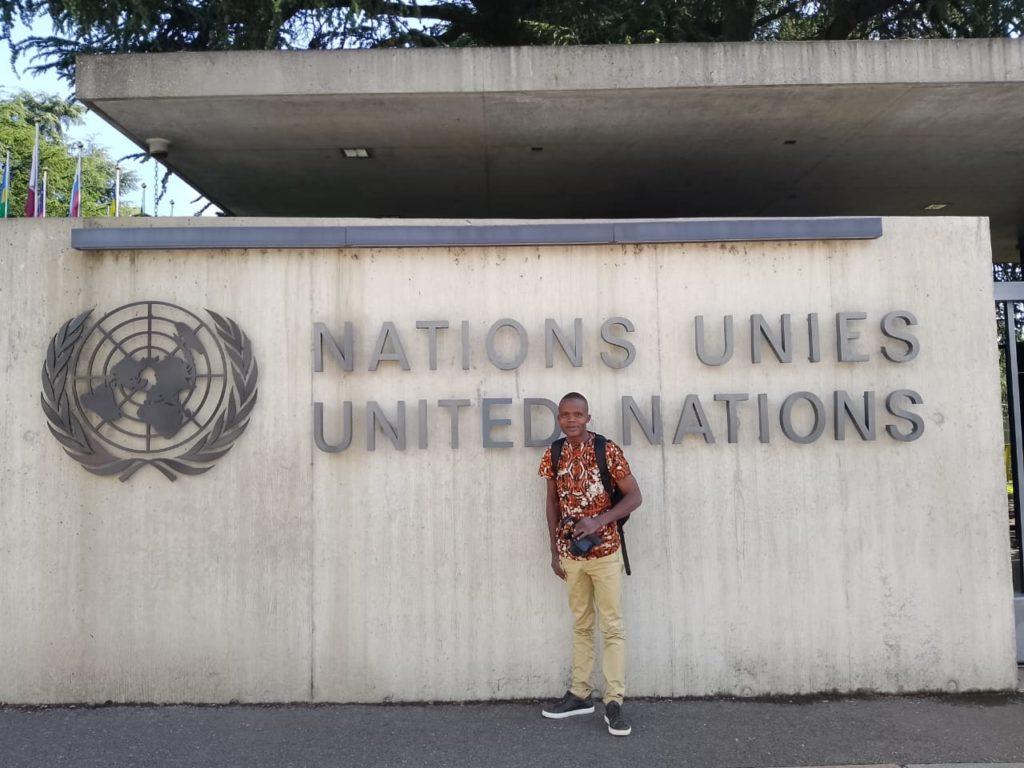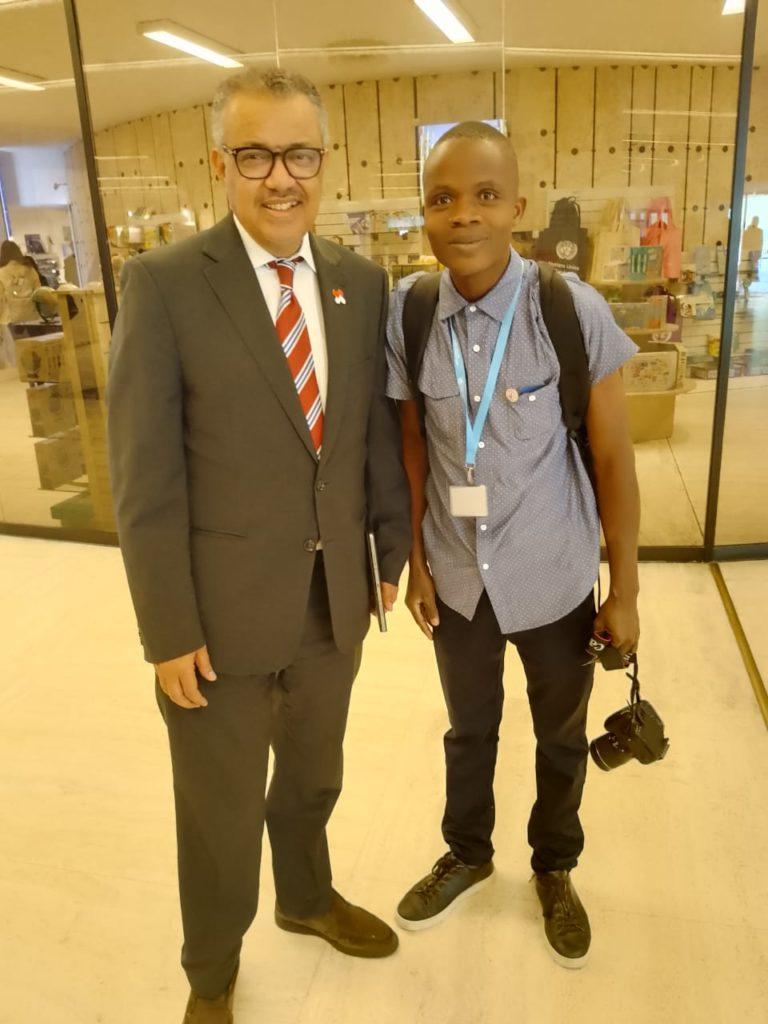
Although it’s difficult to compare for me, the 77th World Health Assembly (WHA77) has a unique character. It is driven by a kind of pressure, gentle but eloquent. This pressure, aside from the declarations of civil society and frantic social media activity of many actors present in Geneva, can be seen and felt in the gestures, the looks, and the exchanges (both formal and informal) during the sessions, side events and other activities.
As a representative of the Center for Research in Human Reproduction and Demography (CERRHUD, Benin), and a member of the Medicus Mundi International Network (MMI) delegation, I decided to take a slightly different view of WHA77. I wanted to take the pulse through silent observation. It was a way to understand the people, their expectations, to listen to them about their priorities, their impatience, and their satisfactions. This proved to be useful, in addition to participating in other activities.
One of the first occasions was on Sunday morning. The mobilization on site for the annual ‘Walk the Talk’ kick-off did not only display many happy reunions. In this blue wave, I also perceived a common desire among participants of all ages to see “#HealthForAll” become a reality. A thirst for convergence emanated from the participants, who sought to eliminate barriers to health for all. We know that from one region to another, from one context to another, emergencies are not the same, yet they require everyone’s attention.
The gentle but eloquent pressure was also felt on the faces present at the opening of WHA77. I saw concerned faces in a world under increasing pressure of diseases, climate change and wars. It was clear that there was a strong desire to leave Geneva with something concrete.
And so yes, WHA77 must deliver something concrete in terms of prevention, preparedness, and response to pandemics. Even if it has been clear over the past few years (including this WHA week), that negotiations on both IHR amendments and even more, a pandemic agreement, have not exactly been a smooth ride. Both instruments seem essential, though, to ensure better preparedness and an effective and equitable response to future pandemics.
Even if they materialize, though, agreements alone are not enough to create change. To continue to be the guardian of scientific rigor in health matters and be effective in assisting and guiding countries on the actions to be implemented, WHO needs sufficient resources. in a context of rapidly escalating climate worries, pandemic threats, and increasingly turbulent geopolitics, even more so.
As mentioned by dr Tedros himself, WHO has less room for maneuver with less flexible, sometimes uncertain, and restricted funding. Investment is needed to protect our health. WHA77 is under pressure to initiate a cycle of sustainable investment capable of helping prevent diseases, expand access to healthcare, and coordinate the global response to a growing number of health emergencies caused by war, epidemics, and natural disasters. So let’s hope the Investment Round will pay off.
Time is of the essence, and WHA77 must help shape the future of global health. Yes, it’s a story of pressure. But it’s also a story of hope and responsibility.
